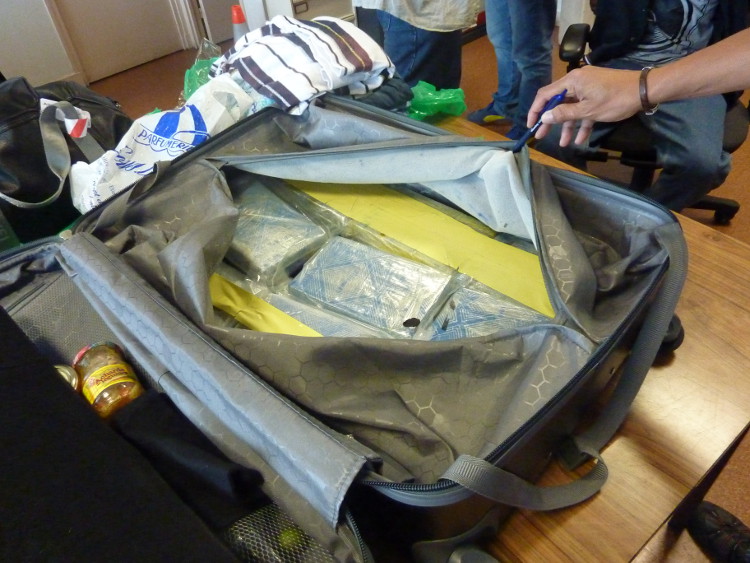Officers from the 28 European Union (EU) member states as well as Norway, Switzerland, Serbia, Colombia, Australia and the US participated in the operation, which took place over nine days from Sept. 15 to 23. It was coordinated by Europol, the EU’s law enforcement agency, with the help of Eurojust, the EU’s judicial cooperation agency; Frontex, the EU’s external border agency; and Interpol.
 Raids took place at crime “hot spots” including ports, border crossings and airports. Suspects were often members of criminal networks using the Internet for cross-border crimes. Charges range from human and cocaine trafficking and money laundering to property crime. As of Sept. 26, police had seized 1,800 kg of cannabis, 599 kg of cocaine, 200 kg of heroin, more than 1.5 million cigarettes, 17 stolen cars and more than a million Euros in cash.
Raids took place at crime “hot spots” including ports, border crossings and airports. Suspects were often members of criminal networks using the Internet for cross-border crimes. Charges range from human and cocaine trafficking and money laundering to property crime. As of Sept. 26, police had seized 1,800 kg of cannabis, 599 kg of cocaine, 200 kg of heroin, more than 1.5 million cigarettes, 17 stolen cars and more than a million Euros in cash.
Europol also claims to have saved 200 potential victims of human trafficking, including 30 Romanian children, and to have dismantled a lab for the manufacture of counterfeit drugs.
Arrests took place in Europe and elsewhere. Cocaine trafficking arrests, for instance, were split between Colombia and the EU, with suspects apprehended at ports and airports in both jurisdictions.
“We designed an operation specifically to hit criminal infrastructure,” Rob Wainwright, director of Europol, told AFP. “Multiple criminal enterprises, some of them the most serious, have been disrupted right across Europe.
Wainwright noted that the operation had uncovered new routes used by criminal networks such as human traffickers, and identified new criminal trends.




